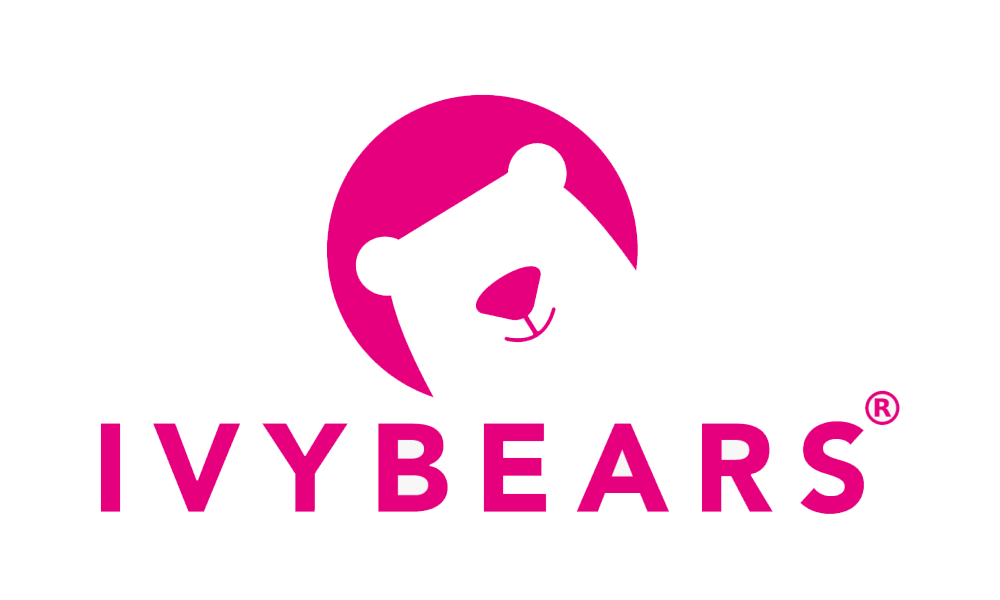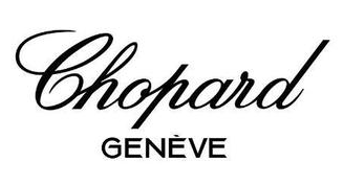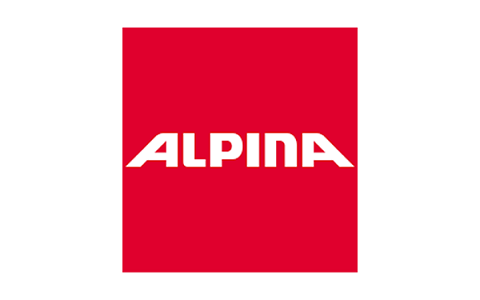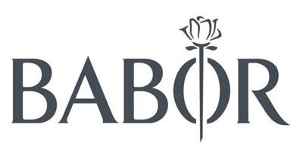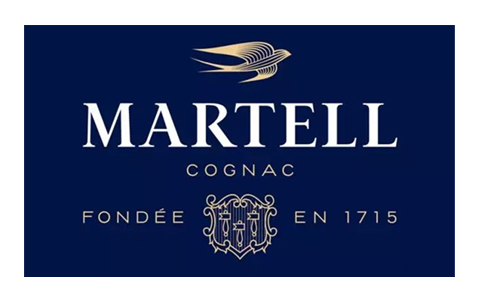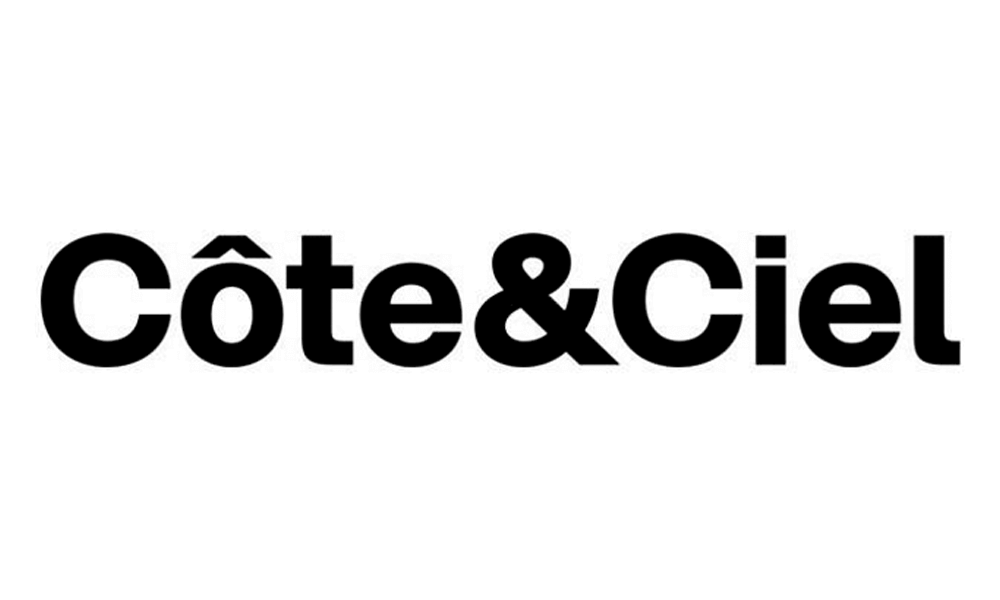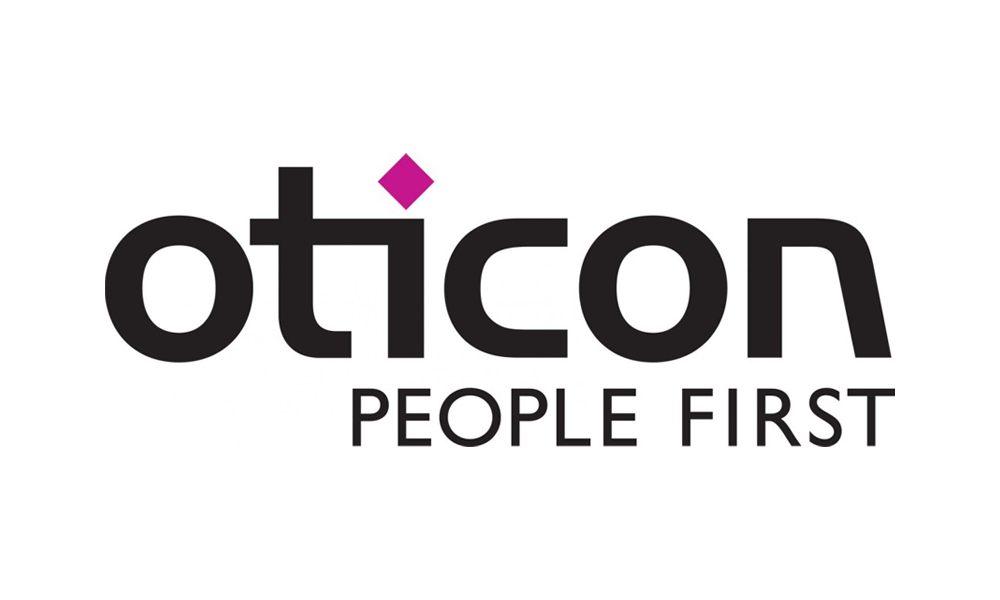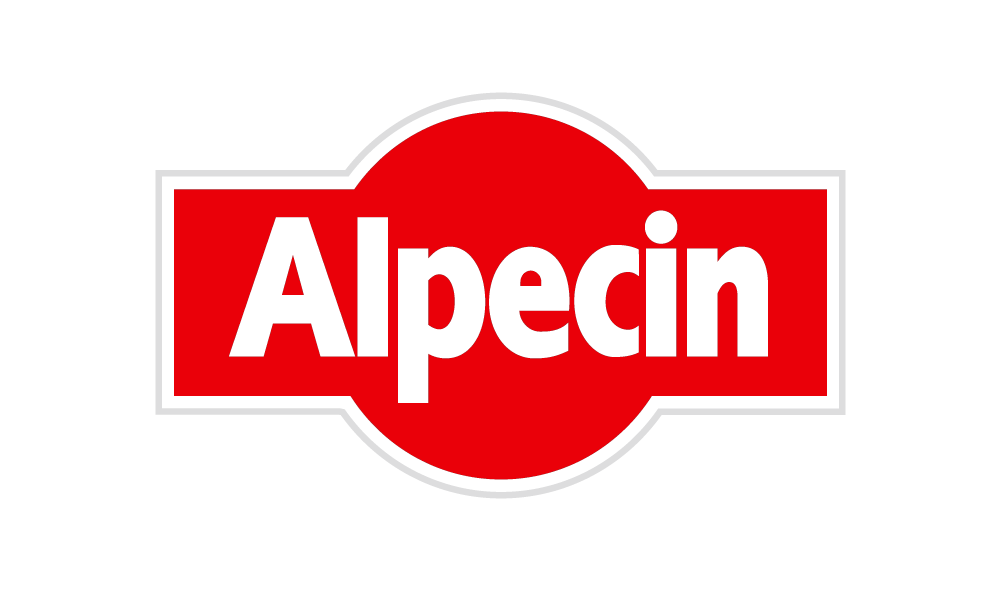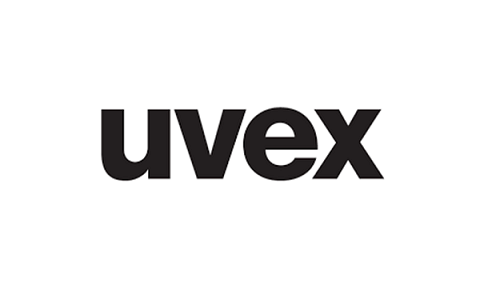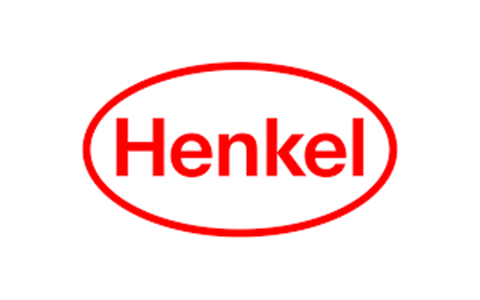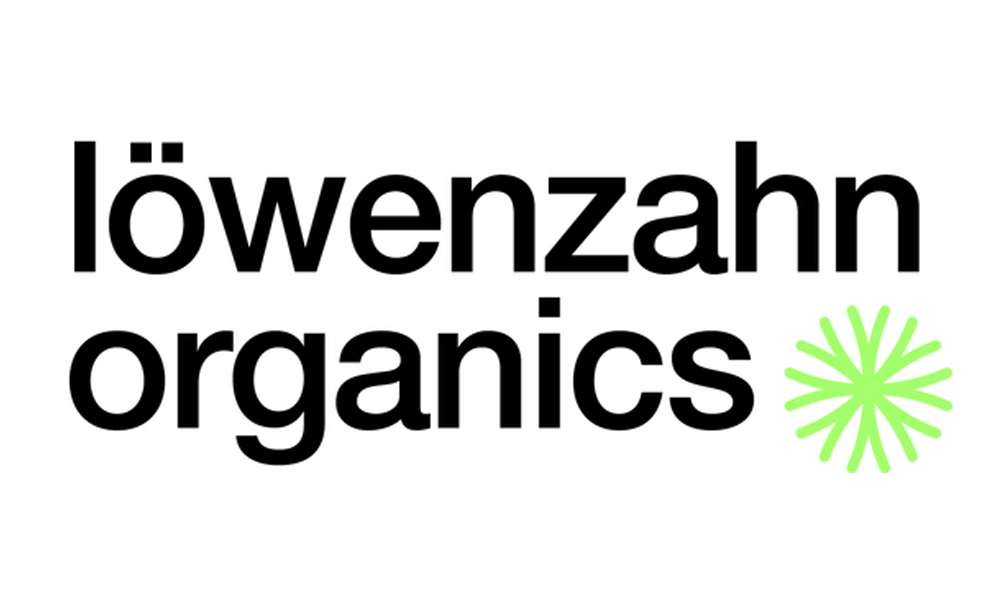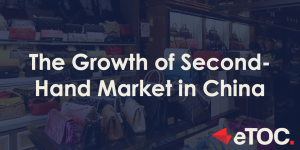The most important e-commerce trends in China in 2024.
Read More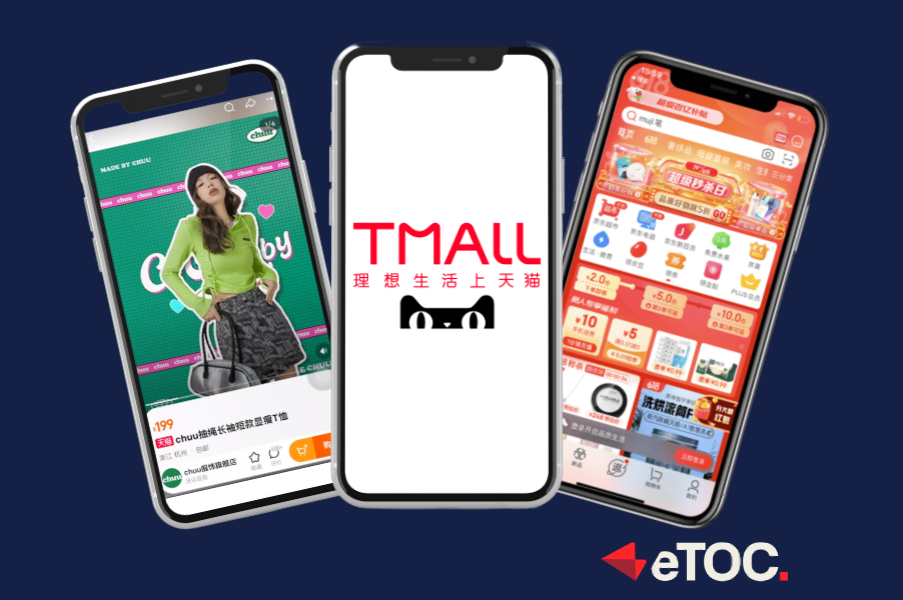
TMALL Guide
- Important facts about TMALL
- Comparison with other platforms
- TMALL Stores
- Costs, marketing and advertising
TMALL Guide
Table of Contents
Introduction
What is TMALL?
Tmall, also known as Tiān Māo (天猫, meaning “Sky Cat”), was launched in 2008 to meet growing consumer demand for premium products and a quality shopping experience. As the B2C platform of the Alibaba Group, Tmall enables consumers from China and beyond to purchase both domestic and foreign branded items that are often not found in traditional shops. By the end of March 2020, Tmall had established itself as the world’s leading authorised online and mobile commerce platform, with numerous domestic and international brands and retailers present. Unique in its kind, Tmall sets high standards in terms of quality and is committed to seamlessly connecting retailers and customers through the integration of thousands of brands and manufacturers, both in Mainland China and in regions such as Hong Kong, Macau and Taiwan.
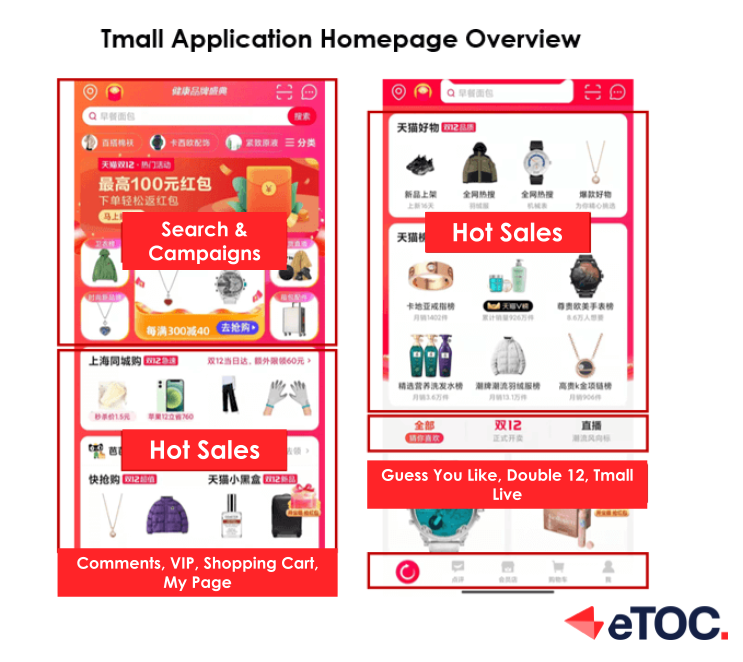
TMALL in the context of the Chinese e-commerce landscape
Tmall has over time emerged as the leading e-commerce platform in China and holds the majority of the market share in the Chinese online retail landscape. It is not only the most popular e-commerce site in China, but also the main portal for local and global retailers looking to enter the Chinese market. The Chinese online retail sector, which is the largest in the world, is experiencing impressive growth. In particular, Alibaba, of which Tmall is a part, is a key player in this sector. As of March 2020, the market had an impressive 846 million active monthly users – a year-on-year increase of 125 million. Tmall’s 2020 annual report highlights this upswing, with gross merchandise volume (GMV) of 6589 billion yuan, an increase of 862 billion yuan year-on-year. In the process, more than 2,200 brands exceeded an annual turnover of 100 million yuan, while seven brands even exceeded the 10 billion yuan mark.
TMALL vs. other platforms
TMALL vs. TMALL Global
Tmall, an offshoot of Alibaba’s popular online marketplace Taobao, was launched in 2008. The platform targets users who focus on branded products when shopping online. As of June 2022, Tmall had an impressive 939 million active monthly users and generated US$84.54 billion in gross merchandise volume during the 11.11 Global Shopping Festival.
In 2014, Tmall then launched “Tmall Global” to make it easier for foreign sellers to enter the Chinese market and for Chinese customers to access international brands without travelling abroad. Compared to other cross-border e-commerce platforms, such as JD Worldwide, Tmall Global offers a wider range of brands and products through its early engagement with the segment.
There are two main ways to sell on Tmall:
Businesses operating in China can register directly on Tmall.
International companies that do not have a branch in China can register for Tmall Global. Brands often start with a Tmall Global shop to test the Chinese market before opening a Tmall shop after some time and experience in order to respond even better to customer needs.
Some specific examples of the use of Tmall Global and Tmall are:
Tmall Global:
Brand A wants to sell in China without holding local stock. Here, Tmall Global enables market entry without the risk of holding inventory.
Brand B notices increased product demand from China and uses Tmall Global to target these affluent customers.
Brand C can now offer perishable food products directly in China thanks to Tmall Global.
Tmall:
Brand D, which has had an offline presence in China for years, plans to open a Tmall.com shop to reach a wider online audience.
Brand E produces toys in China for the international market and now wants to sell them locally through a Tmall shop.
Brand F plans to open physical shops in China as well as a strong online presence, and sees Tmall.com as an ideal channel for online sales.
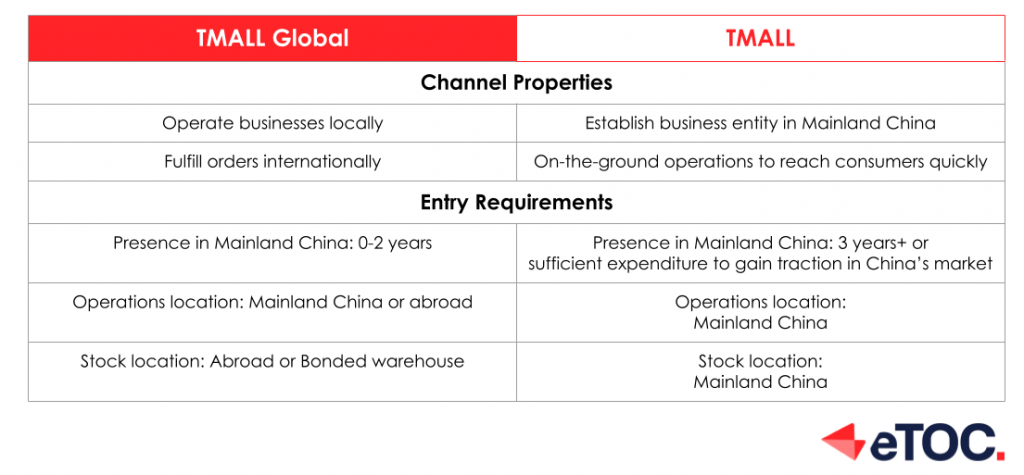
TMALL vs. JD.com
Tmall and JD.com are the heavyweights of the e-commerce market in China and together they represent more than half of the total market. While Tmall leads in terms of gross merchandise volume (GMV) and annual user spend, JD.com is characterised by a younger, technology-savvy customer group that is increasingly turning to online shopping.
The two platforms have different focuses and business models:
- Tmall focuses on a wide range of products, including luxury brands. It functions as a marketplace where brands and companies can operate their own online shops. The platform is known for its diversity, which allows brands to target a wide range of customers.
- JD.com, on the other hand, has its roots in technology and high-end fashion. Unlike Tmall, which operates as a marketplace model, JD.com functions more like a traditional retailer. This means that JD.com holds inventory directly, manages it itself and has its own warehouses and logistics centres. JD has also made efforts to strengthen its presence in the luxury e-commerce segment.
However, both e-commerce giants offer a wide range of partnerships and support for international companies looking to gain a foothold in China. This ranges from logistics solutions to marketing initiatives and customer retention strategies.
TMALL vs. Taobao
Tmall and Taobao are both major players in Chinese online retail and belong to the Alibaba Group. Although they share common roots, they differ in their functions, audiences and offerings.
- Taobao is essentially a giant digital marketplace, similar to a bustling street market, where individuals and small businesses can offer everything from household goods to specialised products. It operates on the C2C (consumer-to-consumer) model, allowing individuals and small businesses to sell goods and services directly to other consumers. Because of this structure, sellers often compete on price, which often results in a product being offered at different prices by different sellers.
- Tmall, on the other hand, is more like a digital mall where well-known brands and established businesses can showcase their products. Although prices may be higher than on Taobao, they often offer a guarantee of authenticity and quality of products that is appreciated by many shoppers. This makes Tmall the preferred choice for consumers looking for specific branded products.
It is wrong to consider Tmall and Taobao as equivalent. While both platforms offer online shopping experiences that feature a wide range of products, competitive prices and convenient payment options, they differ in their target groups and strategies. For foreign brands looking to enter the Chinese market, it is crucial to understand the differences and choose the most suitable platform for their products and target audience.
Why TMALL is important for companies
The importance of TMALL for business
The importance of Tmall for businesses, especially for international brands, cannot be overstated. Here are some reasons why Tmall is so significant for businesses:
- Impressive user base: over 780 million consumers in China have already shopped on Tmall, making the platform an indispensable part of the sales strategy if you want to reach the Chinese consumer base.
- Impressive sales events: Tmall is known for its record-breaking sales days such as Single’s Day (11.11), which saw sales of $74.10 billion in just 24 hours. This day alone has established itself as the world’s biggest retail and online sales event, eclipsing the American Black Friday and Cyber Monday.
- Sustained growth: In just a few years, Tmall’s gross merchandise volume has jumped from 847 billion yuan to over 3,202 billion yuan in 2020, highlighting the platform’s consistent growth and popularity.
- Focus on festivities: China is known for its numerous festivities, and each one offers brands the chance to launch bespoke campaigns. Tmall provides a platform for companies to make the most of these occasions and showcase their products to a wide audience.
- Exclusive platform for luxury brands: In addition to the general marketplace, Tmall offers a special platform only for luxury brands with the “Tmall Luxury Pavilion”. This exclusive area offers a premium user experience, supported by cutting-edge technology such as AI and AR to provide customers with an immersive shopping experience.
In summary, Tmall is much more than just an e-commerce platform. For international companies looking to enter the Chinese market, Tmall offers a unique combination of reach, technology and market insights that make it an indispensable resource for success in China.
Is TMALL necessary to sell in China?
Tmall is undeniably one of the leading e-commerce giants in China. However, it is not the sole option for businesses looking to gain a foothold in the Chinese market. While Tmall certainly offers excellent reach and recognition, there are numerous other e-commerce platforms in China that might be a better fit for certain brands depending on their business model and budget.
The cost of getting started and maintaining a business on Tmall can be significant, especially for smaller businesses operating with limited resources. This can be a challenge for some brands. Nevertheless, if a brand has the resources to invest in Tmall, the platform undoubtedly offers significant benefits. It is not just about sales, but also about branding, marketing and direct interaction with a huge customer base.
Overall, it can be said that while Tmall is a powerful tool for entering the Chinese market, it is not the only one. Depending on individual business goals and resources, companies should consider all available options before choosing a specific e-commerce channel.
TMALL Stores
What are the main business models of Tmall Global?
Tmall Global offers 3 main business models. Merchants can choose between different business models, or use multiple models at the same time, depending on their level of awareness in China, their products and categories, and their business goals and stage of development.
- Tmall-Overseas-Fulfillment (TOF) Model
This model is especially for brands that want to test the Chinese market. With low storage and logistics costs, it allows brands to store products in Alibaba’s overseas warehouses and sell them to the growing middle class in China. The focus here is on flexibility and brand testing. The Tmall Global team supports brands in product selection and marketing. Brands also benefit from consumer data to make informed business decisions.
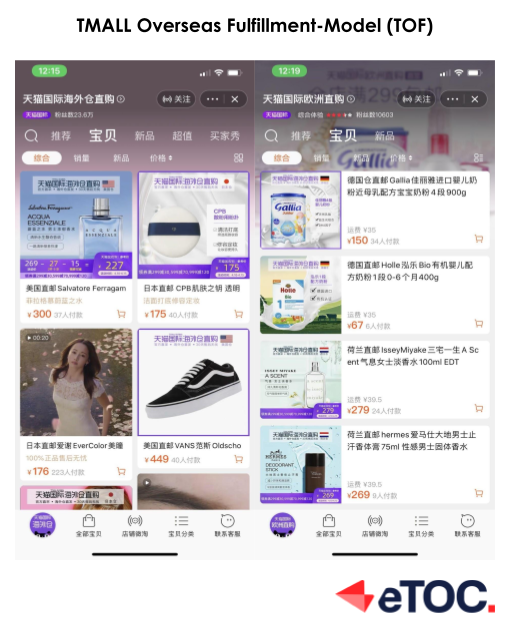
- Tmall Direct Import Model (TDI)
Overseas brands with high brand awareness in China and willingness to invest in the Chinese market can apply the TDI solution (Direct Import Model – B2B2C). The TDI model is a supplier model and targets brands with well-known and best-selling products. It provides a platform to sell fast-moving SKUs through the Tmall Global TDI Store. Additionally, with the TDI model, foreign brands can easily control their supply chain depth and risk by working directly with a strong Chinese distribution channel Cainiao. The TDI team purchases from brands and suppliers, and the brands and suppliers deliver the goods to Cainiao bonded warehouses in China. The selected products are then sold through the official direct import store on Tmall Global.
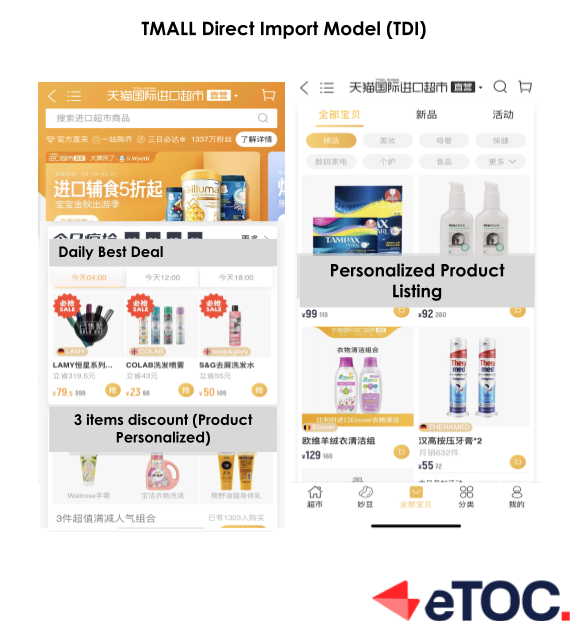
- Tmall Global Flagship Store Model
Already established overseas brands that want to maintain and engage their customer base in China with dedicated CRM programmes can consider the TMG business model. In the flagship store model, the brand manages its own flagship store on Tmall Global. A timetable should be followed for the operation. In the preparation phase, the proven brand should provide product and brand information to the TMG team and find a TP (shop operating partner) with whom to develop a detailed plan. After that, applications for the shop and brand qualifications can be submitted. At the same time, they can start setting up an Alipay account and a Taobao account. Once a brand receives an invitation to the shop and a contract is signed with Cainiao, the design of the shop begins with uploading products and shipping goods to warehouses. This series of processes must be gone through in order for foreign brands to officially sell products in their own Tmall Global Flagship Store and continuously improve their performance.
- Requirements for merchants: Products must be authentic and have appropriate certificates. Product descriptions and labels should be in Chinese. Customer support in Chinese, fast delivery times and an efficient returns process are also expected to be provided.
- Cost structure: Tmall charges a deposit of US$25,000, which is refunded when the shop is closed. There is also an annual fee that ranges from US$5,000 to US$10,000 depending on the product category. If sales are made in several categories, only the category with the highest fee is paid. A sales commission is also charged, which depends on the order value and is usually between 2% and 4%. In addition, a fee of 1% is charged by Alipay, Tmall’s payment service.
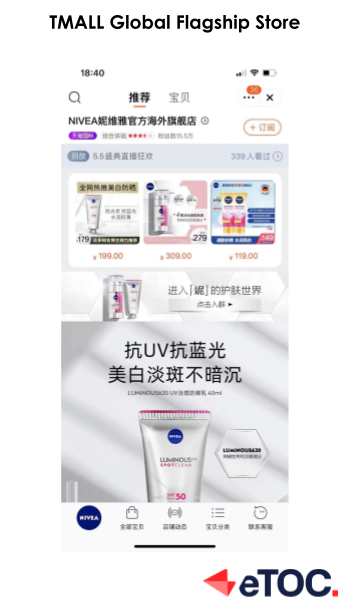
What kind of shops can be opened on TMALL?
On TMALL, brands can operate different types of shops, depending on ownership, permissions and the brands they represent. Here are the main types of shops that can be opened:
- Tmall flagship store:
This store type is for brand owners or retailers with exclusive permission from the brand owner to sell their products on TMALL.
There are several variations of this shop type:
- A store that sells products from one brand owned by the retailer itself.
- A store that sells products from multiple brands owned by the merchant (with special permission from Tmall).
- A shop that functions as a multi-brand marketplace, with all brands owned by the merchant (special permission from Tmall required).
- Tmall Authorised Store:
This store type is for merchants who are not the brand owners but have the necessary permissions to represent the brand(s) on TMALL.
There are two main variations of this shop type:
- A store that has permission to sell products of a specific brand.
- A store that is authorised to sell products from multiple brands, where all brands belong to the same parent company (special authorisation from Tmall required).
- Tmall Specialty Store:
This is a shop type tailored for retailers who want to sell products from multiple brands within the same product category.
There are different forms of this shop type:
- A shop that sells products from multiple brands, none of which are owned by the retailer.
- A shop that sells products from one brand that belongs to the trader and products from another brand that does not belong to the trader.
- A shop that sells products from several brands, all of which belong to the trader.
A trader may open only one such Specialty Store within a product category.
Which companies can register with TMALL China?
Registration on Tmall China requires specific requirements that businesses must meet. Here is a summary explaining these requirements:
Tmall China is mainly aimed at companies with an established presence in China. This explains why many of the brands visible on the platform are internationally renowned brands that already have a permanent establishment or branch in China. It is not enough to merely be convinced of the quality or uniqueness of one’s own brand. Tmall attaches importance to retailers showing a long-term commitment to the platform and ensuring effective targeting of potential customers.
Here are the key requirements and conditions for businesses wishing to register on Tmall China:
- Local presence: businesses must be based in China. This means that they must have official Chinese documents and registrations.
- Chinese retail licence: Businesses wishing to sell on Tmall must have a valid Chinese retail licence.
- Product availability in China: The products offered for sale must be physically available in China. This ensures fast delivery to Chinese consumers.
- Fast shipping: Tmall requires that retailers send orders within 72 hours of purchase.
- Right of return: Customers must be able to return products within seven days of receipt.
How to create a TMALL Store?
Creating a TMALL store is a carefully planned process divided into several phases. Here is a summarised guide to starting your own Tmall shop:
- Preparation phase:
- Check compatibility and resource requirements for Tmall.
- Check the prerequisites and requirements, especially those of third-party providers (TPs).
- Plan your logistics and make sure you have all the necessary documents ready.
- Reserve technical resources and start the API integration.
- Negotiate and sign contracts with TPs.
2. Application phase:
- Sign the agreement with Tmall.com and Alipay.
- Open an Alipay-compatible bank account.
Store development phase: - Plan your product range and product categories.
- Determine your pricing model and set up a customer service team.
- Create a shop page, product detail pages and perform API integration.
3. Pre-launch:
- Develop a plan for the new launch and a promotional plan.
- Upload your shop pages to Tmall.com and implement API integration.
4. Store Launch:
- Go live on Tmall.
Specific steps for Tmall global brand flagship stores:
1. Application:
- Read the platform rules and review the requirements.
- Submit all required documents and information.
- Wait for review by Tmall Global.
2. After approval:
- Activate your merchant account.
- Submit the required deposit.
- Specify your preferred logistics model.
3. Shop Online:
- After completing the above steps, your shop goes online. Now you can start listing your products, optimising your shop and launching marketing campaigns.
It is important to note that Tmall Global has specific qualifications and documentation requirements for opening a flagship store. This includes business licenses, authorisation letters, proof of identity of the authorised representative and many other relevant documents. The entire process also involves Tmall reviewing your brand and shop, submitting a deposit and entering into agreements with Tmall Global before your shop goes live.
Remember to follow all steps carefully and ensure that all information submitted is accurate and up to date to avoid delays or rejections.
What about storage and logistics at a TMALL Global Store?
A good logistics plan is required for your Tmall Global Store. There are two options for this: Bonded warehouse or direct shipping.
With a bonded warehouse, you export your goods in bulk to a bonded warehouse in China. The goods are shipped and stored there until an order is received and they are shipped to the customer. Delivery is fast and shipping costs are low. The disadvantages for this storage are the initial set-up costs and the risk of a low turnover rate.
With direct shipping, the goods are sent directly to consumers in China after the order is placed. For this, you need to cooperate with the logistics company Cainiao, which is part of the Alibaba Group. You don’t need any upfront set-up fees – the cost of delivering the goods offsets your sales growth. This is a clear advantage, but there are also disadvantages, as delivery costs are more expensive for this option and there are delays in deliveries due to customs controls.
What exactly are TP's (TMALL partners)?
There is a partner role that is probably new for international brands – TP. The TP, a so-called Taobao or Tmall partner and supports brands in their daily business on Alibaba’s e-commerce platforms. Some of these partners also offer cooperation for other e-commerce platforms, such as JD, Kaola or VIP.Shop or even in offline sales.
Usually, you need a TP to run your brand flagship store. This is because your shop operations team, provided by a TP, is responsible for everything related to day-to-day shop operations, such as creating product detail pages, developing your shop sales plan, running performance marketing (e.g. paid advertising on Tmall), running shop promotion events and e-commerce festivals like Double 11, customer service… Your shop operations team should consist of at least 4 people: Store Manager, Designer, Customer Service (pre and post sales).
TP usually work with two different models: Distribution model or Consignment model.
In the distribution model, your TP is comparable to your retailer, who usually buys your products at an ex-works price.
In the consignment model, your TP usually charges two fees: a fixed fee, which is mainly used to cover the team’s staff costs, and a sales commission.
Costs and charges
What is the fee structure on TMALL and TMALL Global?
The fee structure of Tmall and Tmall Global is comprehensive and varies by shop type and product category. Here is a compact summary:
Tmall fees:
Entry Fee:
- A flagship store on Tmall can cost between RMB 50,000 and RMB 100,000.
- The marketplace fee ranges from 100,000 RMB to 150,000 RMB.
- Annual technical service fee: Between 30,000 RMB and 60,000 RMB.
- Sales commission: The commission ranges from 0.5% to 10% of sales, with the usual range being between 2% and 5.5%.
- Alipay fee: Alipay, a payment platform owned by Alibaba, charges 1% of total sales.
Tmall Global fees:
- Refundable deposit: merchants make a one-time deposit of between CNY 150,000 and 300,000 as a security deposit for potential damages or obligations under the service contract.
- Registration fee: Depending on the business format, the deposit ranges from $8,000 to $25,000.
- Annual service fee: Depending on the product category, this fee can range from US$5,000 to US$10,000.
- Commission: This is a fee of 0.5% to 5% of sales, plus 1% Alipay service fee per item sold.
- Logistics: Costs vary depending on the pricing model chosen with Cainiao, Alibaba’s logistics network. The bonded warehouse model, although the most expensive, offers the fastest delivery time.
It should be noted that merchants who reach certain sales targets may be eligible for discounts or exemptions from some of these fees. It is recommended to consult an expert before registering on Tmall or Tmall Global.
Marketing on TMALL
Advertising on TMALL
TMALL offers a variety of advertising opportunities for brands. Here is a clear summary:
- 直通车 Zhitongche: A cost-effective keyword search ad that serves ads based on paid keywords. Placement depends on the bid amount, with most campaigns based on cost-per-click. Targeting options are varied, from retargeting to user-specific interests. For best use, always bid on your brand name and use tools like SYCM to identify competitive keywords.
- 品销宝 Pinxiaobao: A high ranking keyword search format exclusive to Tmall flagship stores. Here, the target is exclusively keywords that contain the brand name, making it ideal for distinguishing inauthentic sellers.
- 超级推荐 Super Recommendation: An algorithm-driven ad product that recommends products based on users’ in-app actions. The strategy varies depending on the ad placement, from the home page to the payment confirmation page. This channel is well suited for brands looking to increase visibility and awareness.
- 智钻 Zhizuan: A banner ad that appears prominently on the Taobao homepage and is considered one of the most expensive ad formats. It is particularly suitable for promotions and big brands.
- 聚划算 Juhuasuan: A flash sale channel that appears on Taobao’s home screen. While potentially not always profitable for brands, it can significantly drive traffic and brand awareness.
- 淘宝客 Taobao Affiliate Marketing: A platform that offers commissions for third-party advertising and is ideal for driving traffic outside of Taobao. It is particularly useful for higher margin brands that want to stand out through influencer marketing.
How can the ROI be increased on the TMALL Marketplace and why is this important?
ROI on the TMALL Marketplace can be increased through a combination of traffic acquisition, branding and building a solid e-reputation. Although Tmall is the leading Chinese e-commerce giant, success is not a given. Visibility is crucial, and the more sales a company generates, the better its position and conversion rate will be.
A primary concern when entering Tmall is to establish a strong online presence and reputation. Chinese consumers tend to be skeptical of unknown brands, and they rely heavily on online reviews and recommendations from others. Therefore, it is crucial to collect positive reviews early on, as these can increase the trust of potential customers and also increase the brand’s visibility on the platform.
Integrating social media platforms such as Wechat, Red, Weibo, Douyin and Kuaishou can also be crucial to building a dedicated fan base and strengthening loyalty to the brand. These platforms offer opportunities for direct interactions with the audience, paid advertising and valuable customer feedback. In addition, Kols (Key Opinion Leaders) and influencers can be used as they enjoy a high trust status in China and can effectively help with brand promotion.
PR, forums and question-and-answer platforms can also be used to build brand credibility, as third-party recommendations are often viewed as more credible than direct brand communications.
Finally, branding is crucial in China. Without strong brand awareness, conversion rates can remain low as Chinese consumers are wary of new brands. The key to success on Tmall is therefore developing an omni-channel marketing strategy that puts brand value at the forefront.
Other useful information
Who shops on TMALL Global?
According to the Tmall Global “2018 Cross-border Consumption New Normal Young People Insight Report,” the post-90s/95s generation group accounts for the largest share of cross-border consumption. Their annual average consumption per person exceeds that of the post-80s generation. According to statistics, the post-90s/95s generation contributed more than 30% to Tmall Global’s revenue by the end of the third quarter of 2017. Among them, college students are the most prominent representatives, ranking first in the “growth rate of cross-border consumption.” For the general group of people in the post-90s/95s, the growing interest in international culture, new trends, the willingness to try out different products and more diverse needs in everyday life ensure particularly high consumption. In addition, the categories of products they buy from abroad are increasing every year.
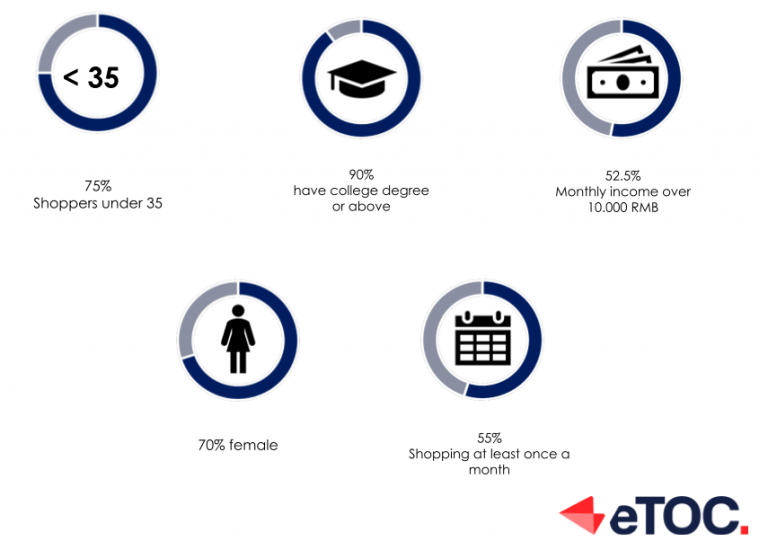
What products do Chinese consumers buy on TMALL Global?
For the post-90s/95s generation, beauty and skincare became the fundamental category of consumption on Tmall Global last year. Various types of face masks are among the most popular products and anti-hair loss shampoos also sell very well. However, the consumption of beauty products is not only limited to external applications; oral beauty products such as hyaluronic acid capsules are also becoming increasingly popular among post-90s/95s consumers.
Another preferred category is household goods. The post-90s/95s generation strives for a better quality of life and well-being, which is why multifunctional, intelligent household appliances as well as attractively designed luxury furniture, such as chandeliers, duvets or teapots, are purchased in large quantities on the Tmall Global platform.
Organic foods, low-fat and healthy snacks without artificial additives from overseas are also very popular, such as oatmeal. However, consumers don’t just buy food for themselves; they also buy food, nutritional supplements and toys for their pets on Tmall Global.
Another motivation for consumption on Tmall Global is fashionable branded clothing from overseas.
What are you likely to need help from a Chinese partner (TP) for?
To sell on Tmall, brands often need the support of a Tmall Partner, also known as a TP (Trade Partner). Tmall operates on an invitation-only basis, meaning brands can’t just sell on the platform. Collaboration with a TP is essential, especially if you operate across borders. This partner offers comprehensive support in many key areas including:
- IT Support: Resolving technical issues, system maintenance and updates.
- Customer Service: Before and after sales, including returns, cancellations and complaints.
- Logistics: storage, inventory management and shipping.
- Analysis and reporting: Detailed insights about shop performance, sales and customer behavior.
- Online shop management: setup, maintenance and design of the shop.
- Digital Marketing: Planning and implementing marketing strategies, promotions and brand initiatives.
- Product management: product descriptions, presentation and campaign strategies.
A Tmall partner makes it easier for brands to enter the Chinese market and helps increase brand visibility and sales. Some benefits of working with a TP on Tmall include:
- Accessibility: Easy payment methods for consumers by integrating Taobao’s infrastructure and Alipay’s payment system.
- Huge user base: With over 500 million active users, Tmall offers massive reach.
- Authenticity: Only verified stores are allowed on Tmall, which increases customer trust and enables higher conversion rates.
- Analytics tools: Detailed daily statistics and sales reports to help businesses make decisions.
- Marketing Excellence: Tmall offers diverse marketing strategies, live streaming and collaborations with key opinion leaders (KOLs) within the platform ecosystem.
In short, a Tmall partner serves as a link between the brand and the Chinese market and ensures that the brand is successful on the platform. It allows brands to focus on their core competencies while the TP handles the intricacies of e-commerce in China.
How to find a TP?
If you want to sell your products in the Chinese market via Tmall, there are mainly two methods to find a suitable Tmall Partner (TP):
Taobao’s official website: Alibaba’s service market offers a variety of services provided through Tmall partners. Depending on the current stage of development of your business – whether a start-up, emerging business or established retailer – you will find different service combinations on the Tmall Partners website. The platform provides comprehensive information to help companies identify the right TP for their specific needs.
Tmall Partner Agencies: There are official agencies that specialize in connecting companies with Tmall partners. Although each of these agencies has its own unique approach, their main goal is to introduce you to the most suitable TP for your brand.

Moonie Zhu
Managing Director Europe
Request a quotation
Get in touch with us
Your agency for China e-commerce and digital marketing
Latest from our blog
The Growth of Second-Hand Market in China
China's second-hand market is booming, reshaping luxury consumption.
Read MoreOmnichannel Retailing in China: Integrating Online and Offline Experiences
Seamless integration of online and offline shopping for China's modern...
Read MoreHow to Leverage New Technologies in China Marketing
Explore China's cutting-edge technologies transforming marketing: AI, AR, VR, blockchain,...
Read Morewe love them
what our clients have to say
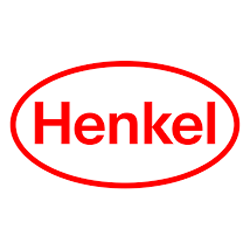

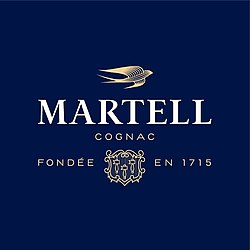


Meet our clients

